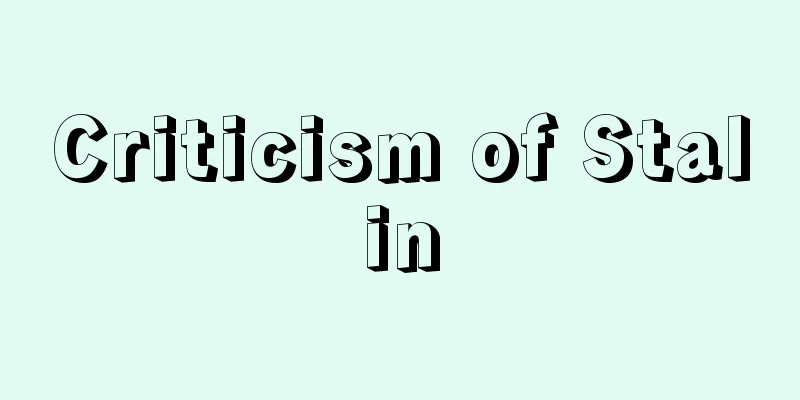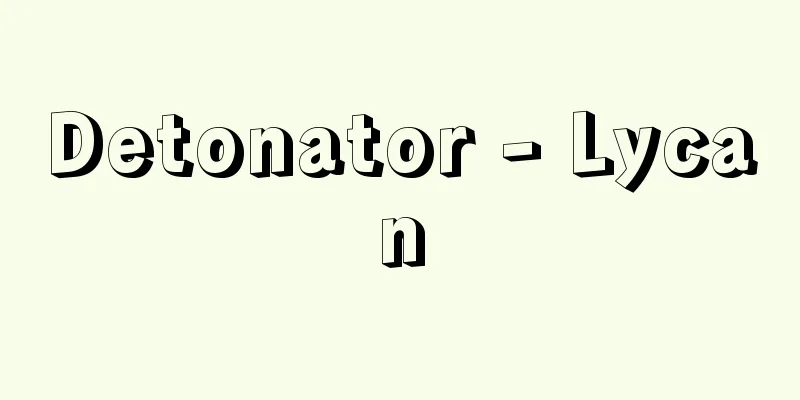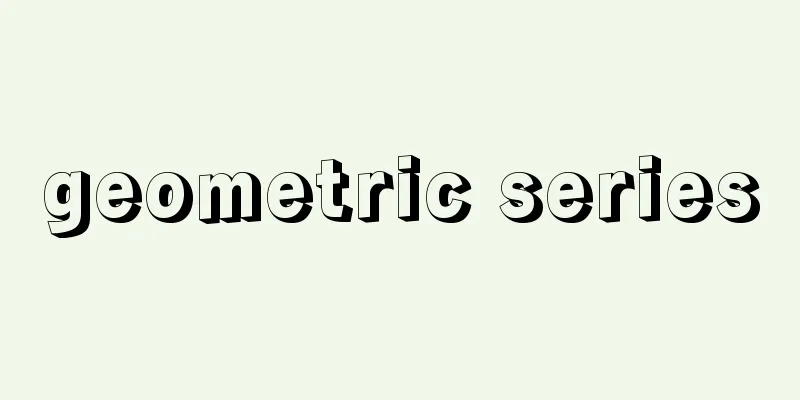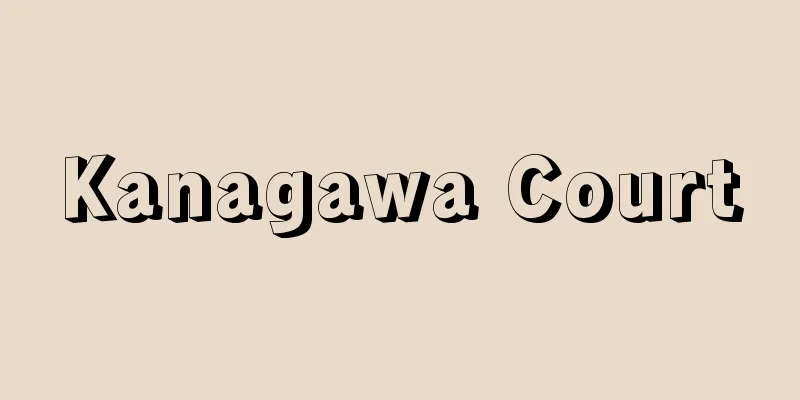Criticism of Stalin

|
Criticism of the Soviet politician Stalin. After Stalin's death in March 1953, criticism of him began in the Soviet Union. At the 20th Congress of the Communist Party of the Soviet Union in February 1956, First Secretary Khrushchev, in a special report (February 25th) of a secret meeting, harshly criticized Stalin for the great purges of the 1930s that killed many innocent people, for encouraging a personality cult, and for not being fully prepared for the war against Germany, which caused great losses to the Soviet Union in the early stages of the war. This secret report was made public by the US State Department a few months later, causing a great stir. It sparked anti-Soviet riots in Eastern European countries such as Poland and Hungary, and in China, voices defending Stalin were raised, leading to the Great Sino-Soviet Debate. In the Soviet Union, Molotov, Malenkov and others tried to expel Khrushchev, who promoted criticism of Stalin, in June 1957, but failed, and were instead expelled as an anti-party group. At the 22nd Party Congress in October 1961, a decision was made to remove Stalin's body from the Mausoleum. However, after Khrushchev's downfall in October 1964, criticism of Stalin weakened, and even at the 27th Party Congress in February-March 1986, criticism of Stalin for the harmful effects of personality cult and deviations from Leninist standards in party and state leadership was limited to criticism of Khrushchev for subjectivist and opinionated errors, and neither of them were mentioned by name. Criticism of Stalin provided an opportunity to think about the problems of communism, brought about diversification of the international communist movement, and promoted independent thinking and action among communists in each country. [Osamu Nakanishi] "Kikuchi Masanori, "The Stalin Era as History: Revised Edition" (1973, Chikuma Shobo)" ▽ "Khrushchev, Khrushchev's Secret Report "Criticism of Stalin" (Kodansha Academic Library), translated by Shimizu Hayao, "Complete Translation and Commentary" [References] | |Source: Shogakukan Encyclopedia Nipponica About Encyclopedia Nipponica Information | Legend |
|
ソ連の政治家スターリンに対する批判。1953年3月のスターリンの死後、ソ連で彼に対する批判が始まった。1956年2月のソ連共産党第20回大会で、フルシチョフ第一書記は秘密会議における特別報告(2月25日)のなかで、1930年代の大粛清によって多くの無実の人々が犠牲となったこと、自己に対する個人崇拝を助長したこと、対ドイツ戦への備えが十分でなく緒戦においてソ連に大損害をもたらしたことなどで、スターリンを激しく非難した。この秘密報告は数か月後アメリカ国務省によって公表され、大きな波紋をよんだ。ポーランド、ハンガリーなどの東欧諸国では反ソ暴動のきっかけとなり、中国ではスターリン擁護の声があがり、中ソ大論争へと発展した。ソ連でもモロトフ、マレンコフなどが1957年6月にスターリン批判を推進するフルシチョフを追放しようとして失敗、逆に反党グループとして追放された。1961年10月の第22回党大会ではスターリンの遺体をレーニン廟(びょう)から除く決定が採択された。ところが、1964年10月のフルシチョフ失脚後、スターリン批判の動きは弱まり、86年2~3月の第27回党大会でも個人崇拝の弊害と党・国家指導のレーニン的規準からの逸脱についてのスターリンへの批判は、主観主義的・主意的誤りについてのフルシチョフへの批判と並んで、しかも両者とも名前をあげずに批判する程度にとどまった。スターリンへの批判は、共産主義の問題点について考える機会を与え、国際共産主義運動の多様化をもたらし、各国共産主義者の自主的な思考と行動を促進した。 [中西 治] 『菊池昌典著『増補 歴史としてのスターリン時代』(1973・筑摩書房)』▽『フルシチョフ著、志水速雄訳『フルシチョフ秘密報告「スターリン批判」全訳解説』(講談社学術文庫)』 [参照項目] | |出典 小学館 日本大百科全書(ニッポニカ)日本大百科全書(ニッポニカ)について 情報 | 凡例 |
Recommend
Karmil Bululu - Karmil Bululu
…The Caucasus in the north, the Lake Rezaye area ...
Dicrostonyx
…They have dense fur, and their ears are small an...
Ramsay, Sir William
Born: October 2, 1852, Glasgow [Died] July 23, 191...
Ako King - Akoou
…She is a prostitute from Shimizuzaka who appears...
Bjerknes, Vilhelm
Born: March 14, 1862 in Christiania Died: April 9,...
Löbel, GR (English spelling) LobelGR
…Published by FA Brockhaus, a subsidiary of the B...
Land Sand - Side Dish
…Currently, most natural sand used as aggregates ...
IC operational amplifier - IC operational amplifier
…There are two types of DC amplifiers: those that...
Daimyo Skipper - Daimyo Skipper
A butterfly belonging to the order Lepidoptera, f...
Otter Village - Otter Village
…Pearls, yellowtail farming, and sweet orange cul...
Insider trading - insaida-torihiki (English spelling) insider trading
In securities market transactions, unfair trading...
Secret Doctrine - Hijiboumon
This is one of the most representative heresies i...
Ashabad - Asuhabad
…It is located 40 km from the Iranian border, in ...
OK Corral Duel - OK Corral Duel
…A gunfighter in the American West. After working...
College of Engineering - Kobu Daigakko
Japan's first engineering educational institu...




![Takamiya [town] - Takamiya](/upload/images/67cc1e3b8c063.webp)




